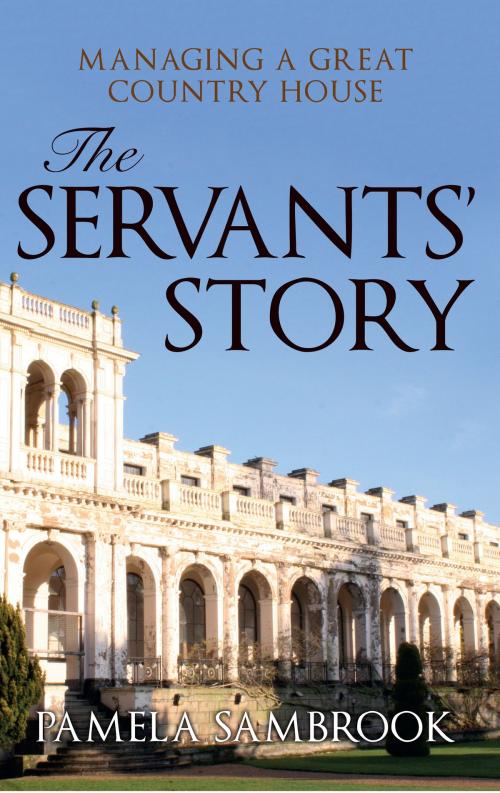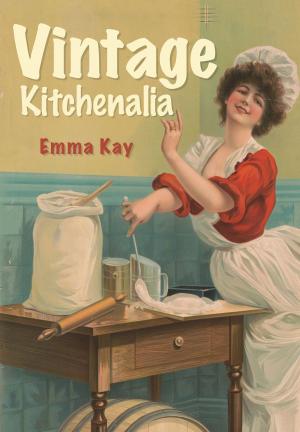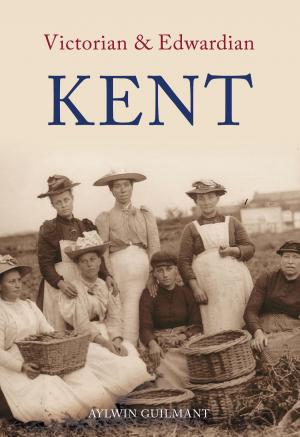| Author: | Pamela Sambrook | ISBN: | 9781445654218 |
| Publisher: | Amberley Publishing | Publication: | November 15, 2016 |
| Imprint: | Amberley Publishing | Language: | English |
| Author: | Pamela Sambrook |
| ISBN: | 9781445654218 |
| Publisher: | Amberley Publishing |
| Publication: | November 15, 2016 |
| Imprint: | Amberley Publishing |
| Language: | English |
Trentham was the Staffordshire home of the Leveson-Gower family, the Dukes of Sutherland. In the mid-nineteenth century they were said to be the richest non-royal family in Britain. They owned many other country houses and estates, bound to each other by a large and loyal staff. The resulting archive is huge. Combining these records with family history sources, it is possible to reimagine some of the triumphs and tragedies of their servants and managers: who they were, what they did and what happened to them after their time at Trentham ended. With its strict social structure and its sometimes bizarre regulations, the world of Trentham in the 1830s can seem alien to us now, but families are always families, responsibilities can always be burdensome and sorrow is always around the corner. The stories of Trentham’s servants are not just family histories; they reveal experiences and unravel relationships to which we can all relate, and demonstrate how people coped in the face of the immense change to country-house life in the early years of the transition into a modern nation.
Trentham was the Staffordshire home of the Leveson-Gower family, the Dukes of Sutherland. In the mid-nineteenth century they were said to be the richest non-royal family in Britain. They owned many other country houses and estates, bound to each other by a large and loyal staff. The resulting archive is huge. Combining these records with family history sources, it is possible to reimagine some of the triumphs and tragedies of their servants and managers: who they were, what they did and what happened to them after their time at Trentham ended. With its strict social structure and its sometimes bizarre regulations, the world of Trentham in the 1830s can seem alien to us now, but families are always families, responsibilities can always be burdensome and sorrow is always around the corner. The stories of Trentham’s servants are not just family histories; they reveal experiences and unravel relationships to which we can all relate, and demonstrate how people coped in the face of the immense change to country-house life in the early years of the transition into a modern nation.















